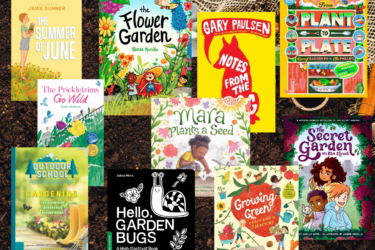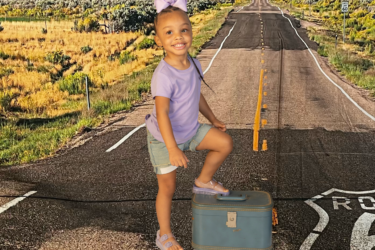“Remember not the events of the past, the things of long ago consider not; See, I am doing something new!” (Is 43:18-19)
As we navigate the changes left in the wake of the pandemic, this verse from the prophet Isaiah brings comfort. From the way we shop to the way we socialize, much has changed. The same is true for our children; however, their need for friendship and connection with peers remains. While the shift to a digital world allowed us to learn and work, it also isolated children during a critical stage of social development. We weren’t created for isolation—we were created to worship, laugh, play, and struggle together in community. Many of our children now have a foot in both the digital world and real life, so considering how friendships and social relationships function in both spaces is important.
DIGITAL DISCIPLESHIP
We are all called to be disciples of Jesus, treating others with respect, kindness, compassion, and mercy. Since we can either grow closer to Christ or move away from Him, we must help our kids evaluate the people and places they engage with online to ensure they are being led in the right direction.
EMOTIONAL SAVVY
People and situations will irritate, hurt, embarrass, and excite us. Kids need adults to model how to navigate these emotions. The first step is teaching them how to articulate their feelings. Whether they feel hurt or anger because of something said online or in person, they need emotional coaching to process their emotions and respond responsibly. This helps prevent them from saying things they later regret. Families should also emphasize the importance of praying for others—both those who have hurt us and those we have hurt—while desiring their holiness.
THE BIG TWO—EMPATHY AND OWNERSHIP
Empathy—seeing things from another’s perspective—allows us to view the world through Christ’s eyes, and that vision is always 20/20! Our kids must understand that words and actions leave a lasting mark, both positive and negative. A person with empathy responds with compassion and goodness, and that is a beautiful gift in any relationship.
Additionally, kids need to understand that everyone makes mistakes. When they hurt a friendship through words or actions, they must take ownership, not just by apologizing but by making amends. As you teach this lesson, be sure to emphasize the infinite mercy we receive from our Father.
BROTHER’S KEEPER
We are our “brother’s keeper” and should pray for the courage to stand up for and connect with those in need. Something as simple as a smile or a kind hello can bring hope to a hurting heart. We must help our children understand that every person is created in the image and likeness of God and deserves to be treated with dignity.
STAND STRONG
Both the digital and real world contain people and influences that seek to lead us astray. Whether it’s peer pressure or online influences, we must help our kids develop a strong sense of identity and purpose so they remain confident. Sharing Scripture, such as Jeremiah 29:11, can serve as an anchor in the stormy seas of childhood friendships.
Know who your kids are with, be aware of where they are going online, and don’t hesitate to say no to people and places that do not align with the vision you and the Lord have for your child.





